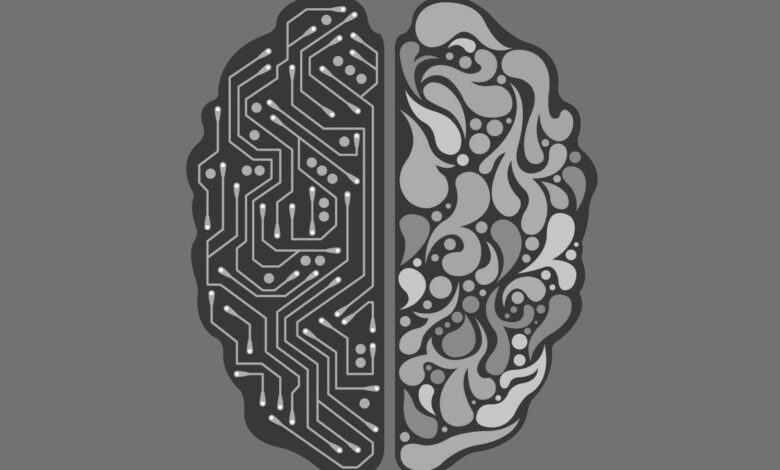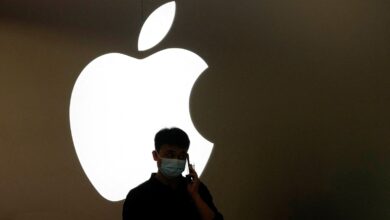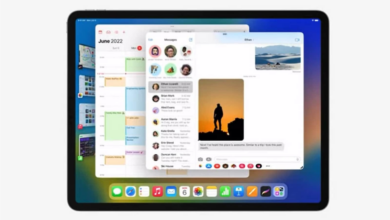5 things about AI you may have missed today: Top iPhone designer jumps on AI bandwagon, 59% workers say can use AI, more

What should have been a quiet festive period has suddenly turned into an explosive space due to today’s artificial intelligence (AI) development. In the first incident, Apple’s iPhone and Apple Watch design head Tang Tan will be leaving the tech giant to work for famous designer Jony Ive’s firm LoveFrom to help make AI devices. In other news, about 59% of employees are confident in their ability to use AI tools, signaling potential workplace acceptance next year. This and more in today’s AI roundup. Let us take a closer look.
Apple’s iPhone design chief to make AI devices
Legendary designer Jony Ive and OpenAI’s Sam Altman are collaborating on a new AI hardware project, with the aim of developing cutting-edge devices, reported Bloomberg. Tang Tan, an outgoing Apple executive, will join Ive’s design firm LoveFrom to shape the appearance and capabilities of these new products. Altman will contribute the software components for the project. Ive, known for his work at Apple, is focused on turning this AI device initiative into a new company, though the development is still in the early stages, with efforts currently centered on talent acquisition and conceptualization. Tan, who will lead hardware engineering, is set to join LoveFrom while fulfilling his role at Apple until February.
AI study reveals everyone has a unique surface of the tongue
New research utilizing AI and 3D images of the human tongue has revealed the unique surface characteristics of each individual’s tongue, as per a report by The Week. The study, conducted by researchers from the University of Edinburgh’s School of Informatics in collaboration with the University of Leeds, employed AI models to analyze microscopic scans of papillae, the small buds on the tongue’s surface. The AI, trained on over two thousand detailed scans, demonstrated an 85% accuracy in predicting the type of papillae and successfully mapped the positions of different papillae types on the tongue’s surface. This groundbreaking finding sheds light on the variations in shape, size, and pattern of papillae, providing valuable insights into taste perception and touch differences among individuals.
Survey reveals 37 percent of employers want increased human-AI collaboration
Indian businesses are gearing up for hiring changes in 2024, focusing on adopting AI and meeting Generation Z expectations, according to insights from Indeed. About 59% of employees are confident in their ability to use AI tools, signaling potential workplace acceptance next year. Additionally, 19% of surveyed employers are in the process of implementing or have implemented next-gen technologies like Generative AI. The adoption of AI is part of employers’ strategies to adhere to AI principles (42%), with a focus on increased human-AI collaboration (37%) and workforce reskilling/upskilling (25%). This year, employees prioritize skills like Generative AI (27%) and programming languages (22%), while employers seek expertise in areas such as cybersecurity (37%) and data science/analytics (29%).
AI risks need to be managed better, warns research
New research warns that while AI has the potential to positively transform societies, it also poses risks that must be better understood and managed, according to a PTI report. Professor Joe Burton from Lancaster University emphasizes in a recently published paper that AI and algorithms, beyond being tools for national security, can contribute to polarization, radicalism, and political violence, becoming a threat to national security themselves. The research explores the securitization of AI throughout its history and highlights modern instances where AI has had polarizing and radicalizing effects leading to political violence.
NYT sues OpenAI, Microsoft
The New York Times has filed a lawsuit against OpenAI and Microsoft, claiming that both AI firms have been using the newspaper’s copyrighted content without authorization to train their respective AI models. This legal action adds to the growing concerns and legal disputes between authors, publishers, and media organizations regarding the use of copyrighted material in training large language models (LLMs). The conflict underscores the ongoing challenge for regulatory institutions in establishing appropriate controls and monitoring mechanisms for the data used to train AI models.
In a report, NYT said, “The Times is the first major American media organization to sue the companies, the creators of ChatGPT and other popular AI platforms, over copyright issues associated with its written works”. The lawsuit has been filed in the Federal District Court in Manhattan. Notably, the suit does not include an exact monetary demand as compensation.




